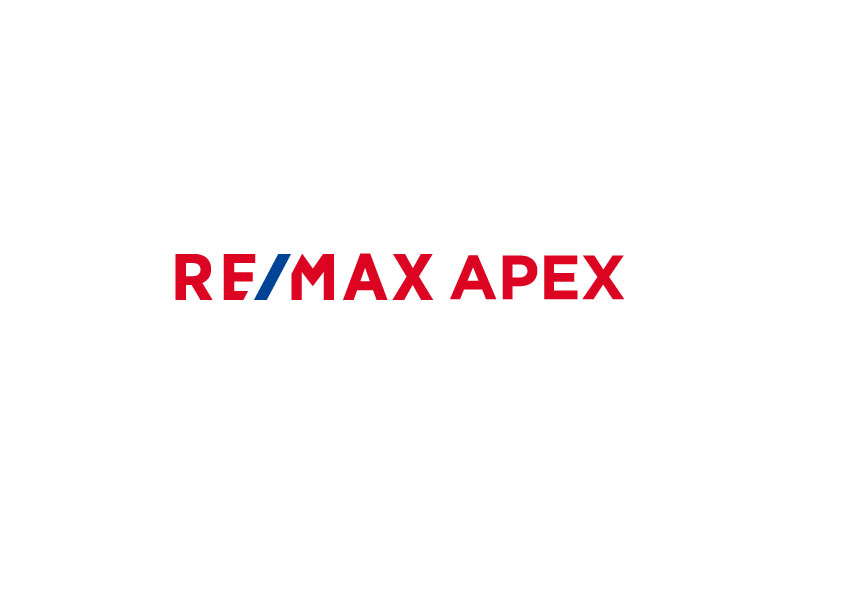When purchasing real estate in Japan, a deposit (earnest money) is required. While many people may be familiar with the term, they may not fully understand its purpose. Additionally, many may wonder how much they should pay.
In this article, we will explain the role of the deposit, its market rates, and the timing of when to pay it during the real estate purchasing process.
1. What is the Deposit for Purchasing Real Estate
A deposit is the money paid by the buyer to the seller when signing a real estate purchase contract, such as for a condominium or single-family home.
The deposit has two main purposes:
Proof of the Sale Contract
The first role of the deposit is to serve as proof of the sales agreement.
When the buyer pays the deposit and the seller receives it, this clearly indicates that the sale contract has been officially established.
Security for Potential Contract Cancellation
The second role is to act as security (a cancellation fee) in case the contract is canceled.
If the buyer unilaterally cancels the contract after it has been signed, they forfeit the deposit. On the other hand, the seller can also cancel the contract by paying back twice the deposit amount.
Cash Payment or Bank Transfer—Cannot Be Included in the Mortgage
The deposit must be paid in cash or by bank transfer. For new condominiums, payments are often made via bank transfer, while for used condominiums, the buyer usually brings the cash on the day of the contract.
Even if the buyer uses a full mortgage (which includes additional costs in the loan), the deposit must be provided in cash, as the housing loan disbursement is typically made at the time of delivery, meaning it cannot cover the deposit.
Since the deposit is essentially a form of “escrow,” it should theoretically be refunded in full at the time of delivery. However, it is common for the sales contract to specify that the deposit will be applied as part of the purchase price.
2. What is the Market Rate for Deposits?
The deposit must be paid in cash or via bank transfer. So, what is the typical market rate for a deposit?
The Typical Deposit Rate: 5% to 10%
For condominiums, the deposit is typically around 10% of the purchase price for new properties and about 5% for used properties. As we’ll explain later, the deposit amount may be negotiable. However, for new condominiums with a high lottery draw rate, the deposit is often fixed at 10%, and price negotiations may not be possible.
Deposit Amount by Property Price
| Property Price | 5% Deposit | 10% Deposit |
|---|---|---|
| ¥30,000,000 | ¥1,500,000 | ¥3,000,000 |
| ¥40,000,000 | ¥2,000,000 | ¥4,000,000 |
| ¥50,000,000 | ¥2,500,000 | ¥5,000,000 |
| ¥60,000,000 | ¥3,000,000 | ¥6,000,000 |
| ¥70,000,000 | ¥3,500,000 | ¥7,000,000 |
| ¥80,000,000 | ¥4,000,000 | ¥8,000,000 |
| ¥90,000,000 | ¥4,500,000 | ¥9,000,000 |
| ¥100,000,000 | ¥5,000,000 | ¥10,000,000 |
As shown, even a 5% deposit can amount to a substantial sum. While some buyers can afford the monthly mortgage payments for an appropriately priced property, coming up with the full cash deposit can be difficult for others.
Can the Deposit Be Negotiated?
Can You Negotiate a Lower Deposit if You Can’t Afford It?
The answer is yes, it is possible to negotiate with the salesperson to lower the deposit. In extreme cases, it’s even possible to negotiate the deposit down to zero.
For properties with fewer remaining units or those not in high demand, sellers are often willing to lower the deposit. In some cases, the deposit may be reduced to tens of thousands to 1 million yen.
However, there are important points to be aware of when negotiating a lower deposit.
Caution: Lowering the Deposit Could Affect Your Position
When buying a used condominium, negotiating a lower deposit may result in a lower priority in the sales process.
Sellers are most concerned about whether the buyer will truly follow through with the purchase. If the deposit is too low, they may worry about the contract being canceled after it’s signed. If you are absolutely determined to buy a specific property, it’s best to pay the required deposit amount to show your commitment.
On the other hand, a low deposit may make it easier for the seller to cancel the contract. If a better offer comes in later, they may choose to cancel your contract.
Potential Downsides of a Low Deposit
In summary, negotiating a significant reduction in the deposit could have its disadvantages. If you’re aiming to purchase a popular property, it’s generally safer not to push too hard for a reduced deposit amount.
3. What Happens to the Deposit if You Cancel the Purchase?
What Happens to the Deposit If the Purchase is Canceled?
Deposit is Not Refunded If Buyer Cancels
If the buyer cancels the contract for personal reasons after the sales agreement is signed, the deposit will not be refunded.
However, if the cancellation occurs before the performance of the contract begins, the buyer will not be asked to pay additional damages, but will simply forfeit the deposit. It’s important to confirm the exact conditions under which you can cancel the contract and forfeit the deposit when signing the agreement.
Deposit is Refunded with Double the Amount If Seller Cancels
On the other hand, if the seller cancels the contract, the buyer will receive double the deposit amount back.
Mortgage Loan Clause
The main mortgage approval process typically occurs after the sales contract is signed. If the buyer’s mortgage application is denied during this process, and they can no longer proceed with the purchase, a mortgage loan clause (住宅ローン特約) can protect them from forfeiting the deposit.
If a mortgage loan clause is included in the contract, the buyer can cancel the agreement without losing the deposit, provided the mortgage loan is rejected.
When borrowing through a financial institution introduced by the real estate company, the mortgage loan clause is usually included. However, if the buyer wishes to use their own chosen mortgage lender, it’s important to discuss the inclusion of this clause before signing the contract.
4. What is the Difference Between a Deposit, Application Fee, and Down Payment?
Finally, let’s take a look at the terms “application fee” and “down payment,” which are often mentioned alongside the deposit (手付金), as well as the timing of the deposit payment.
Application Fee: Fully Refundable
The deposit (手付金) is typically paid at the time of the sale contract for used condominiums, while for new condominiums, the typical flow is: explanation of important matters → transfer of the deposit → signing of the sales contract.
On the other hand, the application fee (申込金), as the name suggests, is the money paid at the time of the “application” (before the contract). The application fee is also referred to as a “reservation deposit” and is meant to clearly demonstrate your intention to apply for the property.
Generally, the application fee is around 100,000 yen, but there is no legal rule about the exact amount. The application fee is a temporary deposit and is often applied as part of the down payment at the time of the contract.
Furthermore, the application fee has no legal binding force. If you cancel the application, the full amount of the application fee will be refunded. To avoid any potential issues, make sure to obtain a receipt or deposit acknowledgment at the time of payment.
However, you should avoid canceling your application after paying the fee as much as possible, since it may cause inconvenience to the seller, who has put the property on hold for you.
Down Payment: Paid After the Contract
The down payment (頭金) refers to the portion of the property price that is paid after deducting the mortgage loan amount.
Paying the down payment reduces the monthly mortgage repayment burden, which can be a benefit. However, with the current low-interest rates, more people are purchasing condominiums with little or no down payment.
The down payment is usually paid between the signing of the contract and the handover of the property. You should consult with the sales representative to determine the timing. Additionally, it is common for the deposit (手付金) to later be applied as part of the down payment (頭金).
4. Summary
In this article, we have introduced the role and market rates of the deposit (手付金).
When purchasing real estate in Japan, there are various other costs besides the deposit. Be sure to familiarize yourself with these and prepare accordingly.

For additional information or any questions please contact us here
Email: info@remax-apex.com

